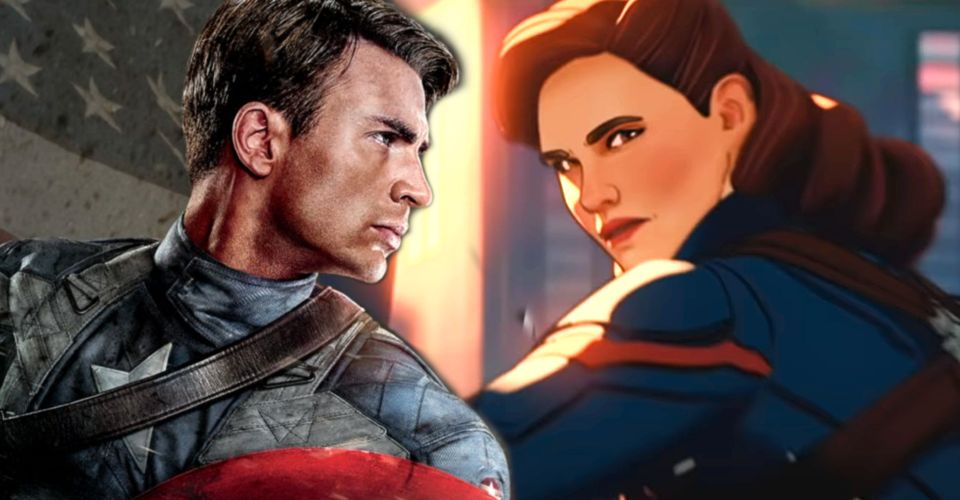Why Captain Carter Does Captain America’s Job Better Than Steve Rogers

Warning: contains spoilers for Captain Carter #1!
Marvel’s Captain America is the go-to patriotic hero for Marvel Comics, but Peggy Carter’s new Captain Carter is a much more inspirational hero for the modern era. Steve Rogers is undeniably a symbol of patriotism, American scientific ingenuity (even though the super-soldier serum was created by a German scientist), and anti-fascist sentimentally. But Captain Carter #1 reveals exactly why Peggy Carter is the modern version of a hero that Steve Rogers used to symbolize.
Captain America debuted in Captain America Comics #1 in 1941, created by Joe Simon and Jack Kirby. Of note is the specific month of publication: March 1941, long before the Japanese attack on Pearl Harbor on December 7th later in the year. This was quite a bold move by Simon and Kirby, considering that America was quite isolationist at the time, and an American Nazi Party even held a rally in Madison Square Garden (they quickly disbanded after America declared war on Germany). Thus, Captain America was sent to kill Nazis long before the rest of the American armed forces in World War II.
When Captain Carter is revived from the ice (unlike her Marvel’s What If…? Disney+ counterpart, she wasn’t transported to the modern era via a portal), she meets the Prime Minster in the United Kingdom. She’s since learned that she’s far from the only superhero in existence – and much to the Prime Minster’s chagrin, “…nearly every bally one of them is American.” He believes that Carter’s return is a sign that the UK is primed to rise to prominence on the world stage once more (and even offers a new, more modern suit for her superheroics in the future).

At the beginning of the 20th century, Great Britain was an empire, with colonies and troops around the world. Its navy was unparalleled (especially with the creation of HMS Dreadnought in 1906, a vessel so advanced that it instantly made every other battleship obsolete) and along with France, Russia, Austria-Hungary and Germany, was considered one of the Great Powers of the time. Post-World War I (and especially post-World War II), Britain’s influence stagnated. The latter half of the century was largely controlled and manipulated by the influence of the United States and the Soviet Union, whereas Britain gradually lost almost all of her colonies in a 50-year period.
Here, Captain Carter can be seen as a nationalistic figure, a hero from a bygone age similar to Captain America. Unlike Captain America, the country that Carter represents is far from the most influential in the world (and hardly any heroes call the UK their home when compared to America). Captain America represents an-already strong country that doesn’t need another hero to save them – but Captain Carter is seen as the UK’s hope to rise to prominence once again; in that respect, Peggy Carter is far more inspirational as an underdog than Rogers ever could be in the modern age.

















